First Time On A Bus....
- Deborah Kade
- Sep 19, 2025
- 3 min read
This was the first time on a bus that a driver announced, "Look at the view coming up!" As soon as Lake Brienz came into sight, he started yodeling. As an encore he sang, "Edelweiss" and asked all of us to join in. It made our drive from Ballenberg to the main train station in Brienz go by quickly.


Since it was a beautiful sunny day, we decided to go to Ballenberg which is an open-air museum that displays traditional buildings and architecture from all over the country. Located in Brienz, Ballenberg has over 100 original buildings that have been transported from their original sites. It is a Swiss heritage site of national significance.
In addition to the main attraction of the buildings themselves, some of the industrial and crafting buildings still operate to give demonstrations of traditional rural crafts, techniques and cheese making. There is also a sizable number of farmyard animals in the grounds.
Founded in 1978, the museum features buildings from all over the country and has structures from almost all of the cantons. The buildings are set in surroundings appropriate to their type (farm buildings surrounded by small fields etc.) with pathways snaking across the 660,000 square meters (164 acre) site. Most buildings allow the visitor to walk around the rooms, each recreated from the time period of the building or brought over wholesale when the building was transplanted.








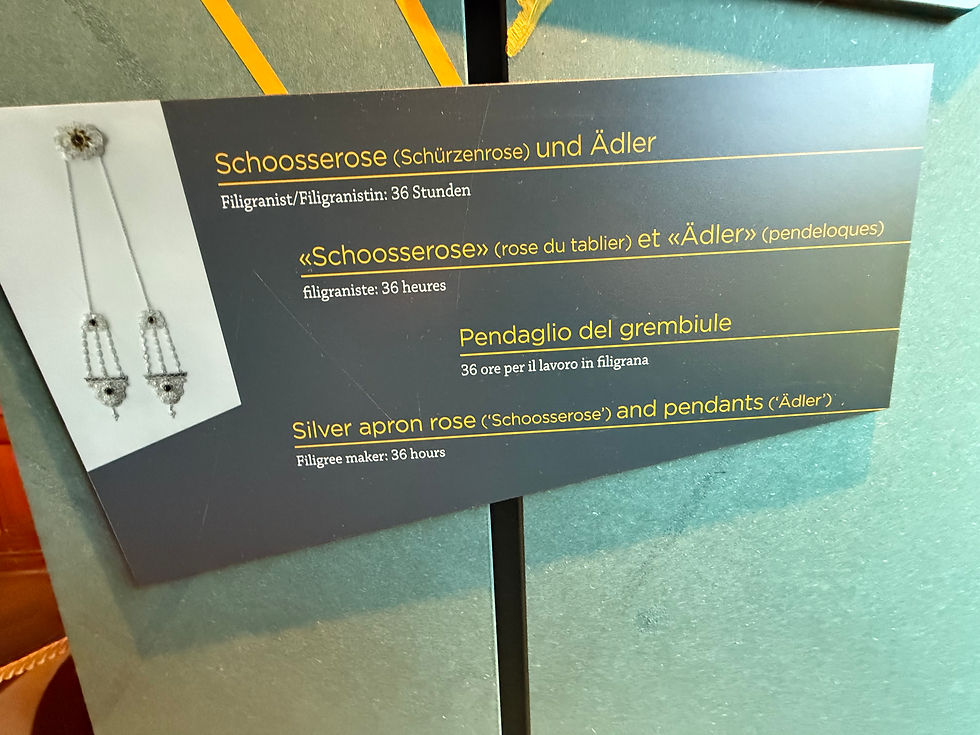

















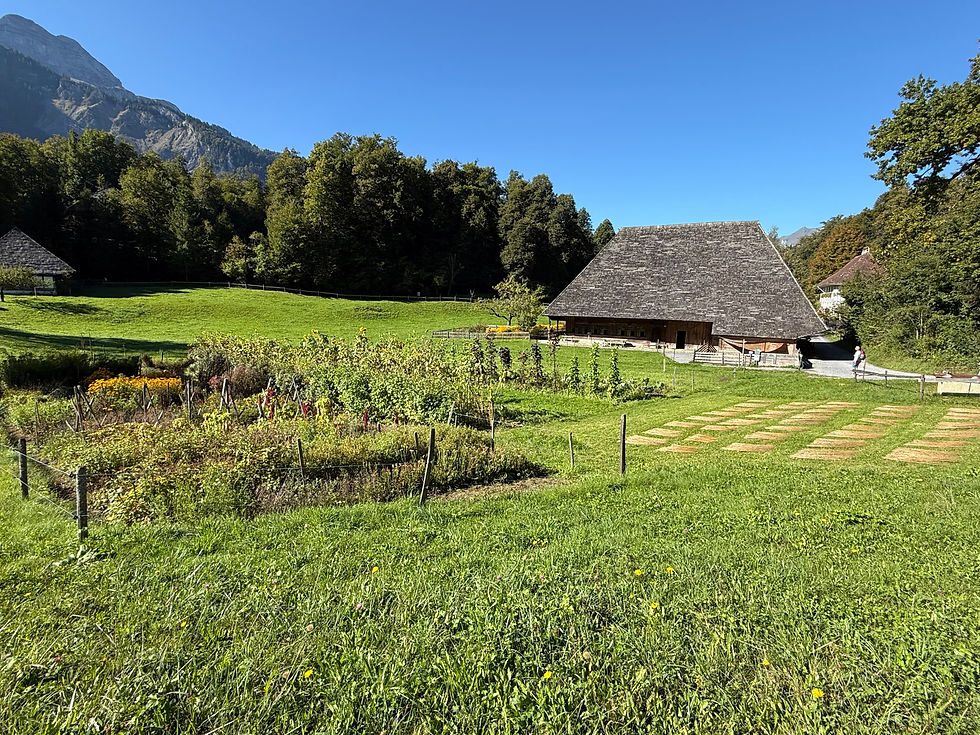


Snoring or dreaming?














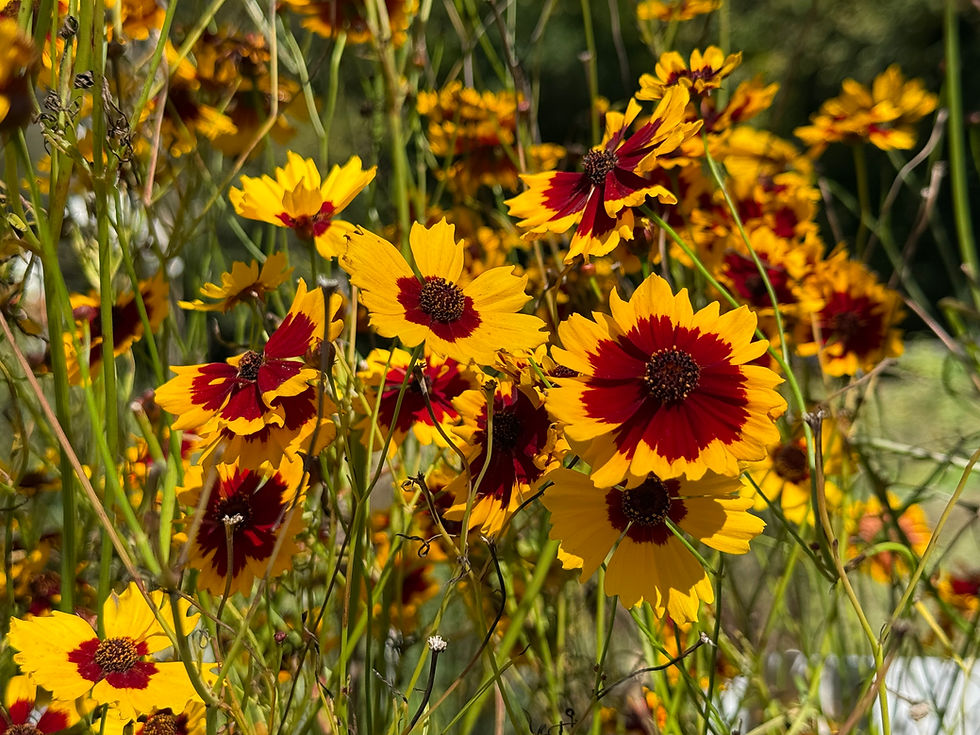
Guess the smell

Different plants for different ailments









Drinking whey. Whey is fed to pigs because it is a nutritious and highly palatable feed that supports pig health and growth, particularly in young pigs, by providing high-quality protein, digestible lactose, and bioactive compounds that improve nutrient absorption, gut health, and immune function. As a beneficial by-product of cheese production, whey provides a valuable, cost-effective, and sustainable feed source while also improving the quality of the final pork product.
























Ballenberg goods







We bought sausage and bread and had a picnic.

We had guests as we ate.





Reasons a rooster crows:
• Territorial claims: A rooster crows to declare a specific area, such as its coop and hens, as its own and to tell other roosters to stay away.
• Dominance and competition: The crow is used to assert authority and establish dominance within the flock, often in response to other roosters crowing.
• Warning of threats: A rooster will crow to alert its flock to the presence of predators or any other perceived danger.
• Calling the flock: It serves as a signal for the hens to start foraging or to come together for another activity.
• Announcing presence: Crowing is a general way for a rooster to announce its location and presence in the neighborhood.
• Response to stimuli: Roosters are highly sensitive to light and noise, so they may crow in response to the sun rising, bright lights, unfamiliar sounds, or other roosters crowing.
• Internal biological clock: Roosters have a natural internal clock that helps them stay synchronized with daylight, which is why they often crow at dawn.











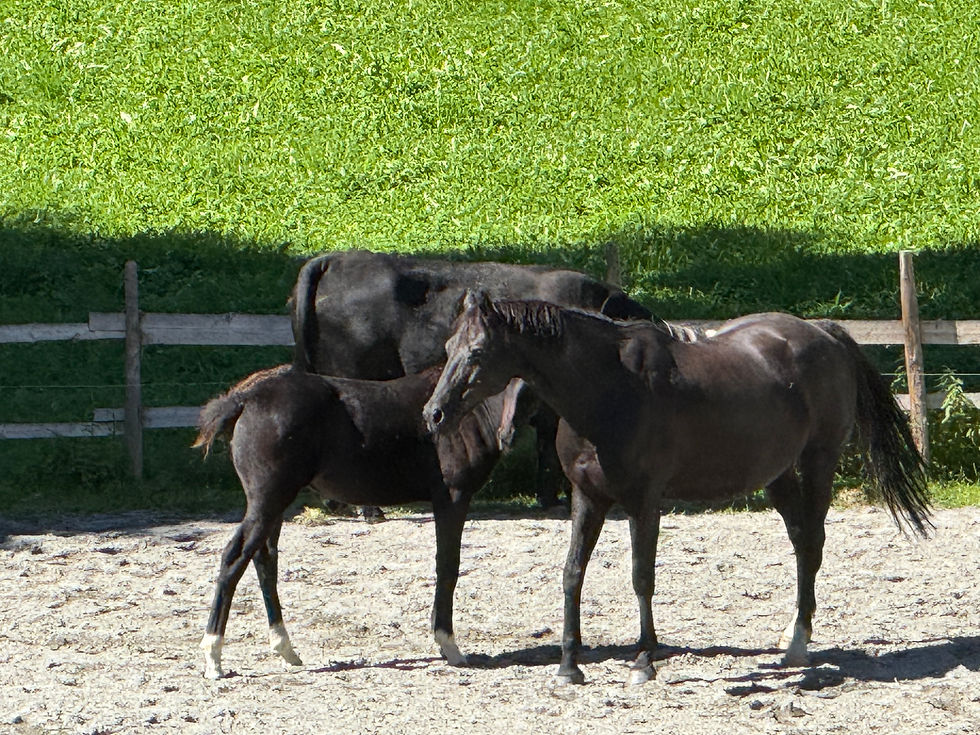

We met Käthi, her two sisters, and brother-in-law. She told us they were demonstrating how they cooked soup at the house up the hill.


Tasty vegetables from the garden soup and bread.
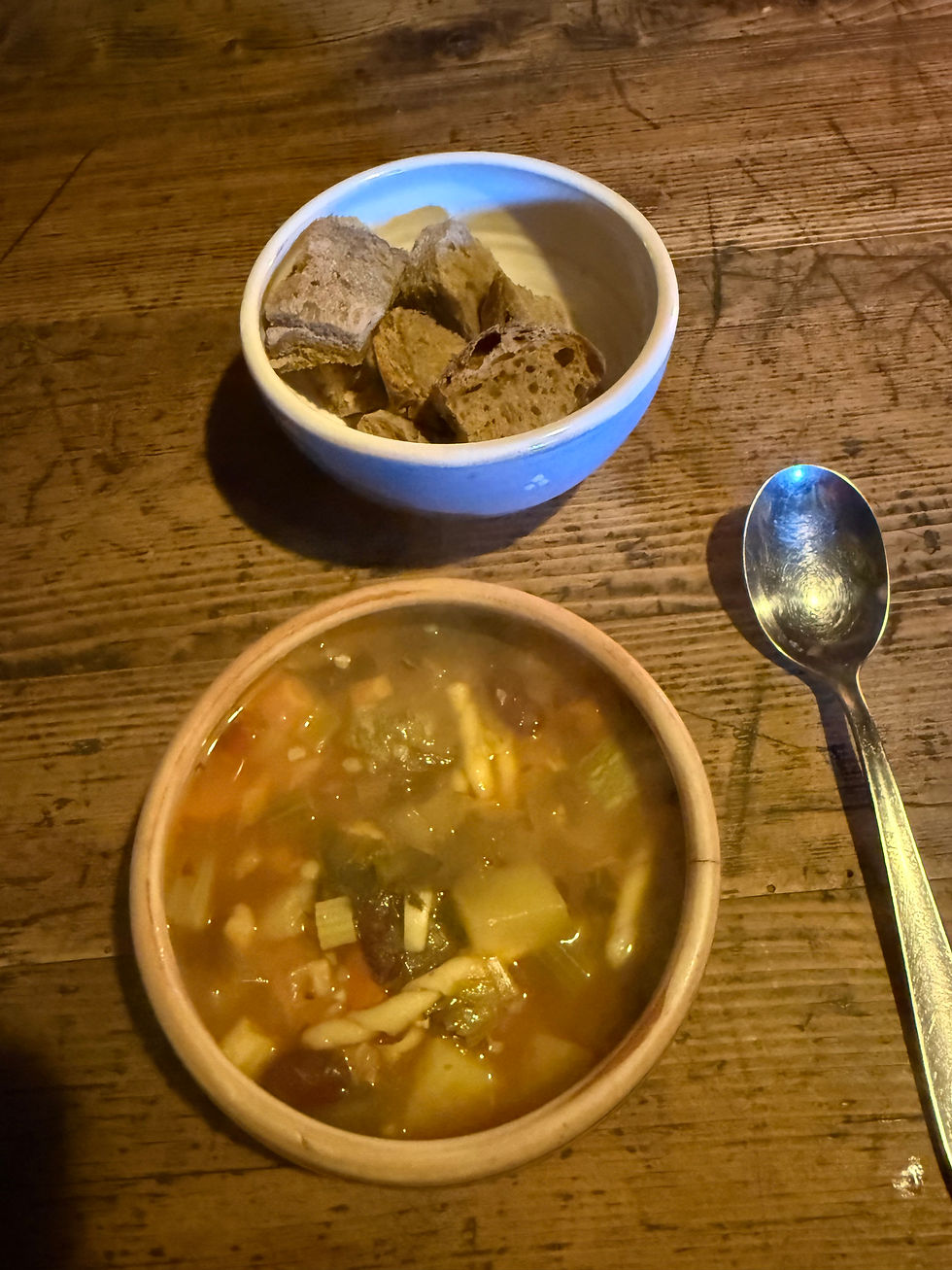

























This is her first baby.










He gave the little boy a piece of pottery. The little boy said thank you immediately.









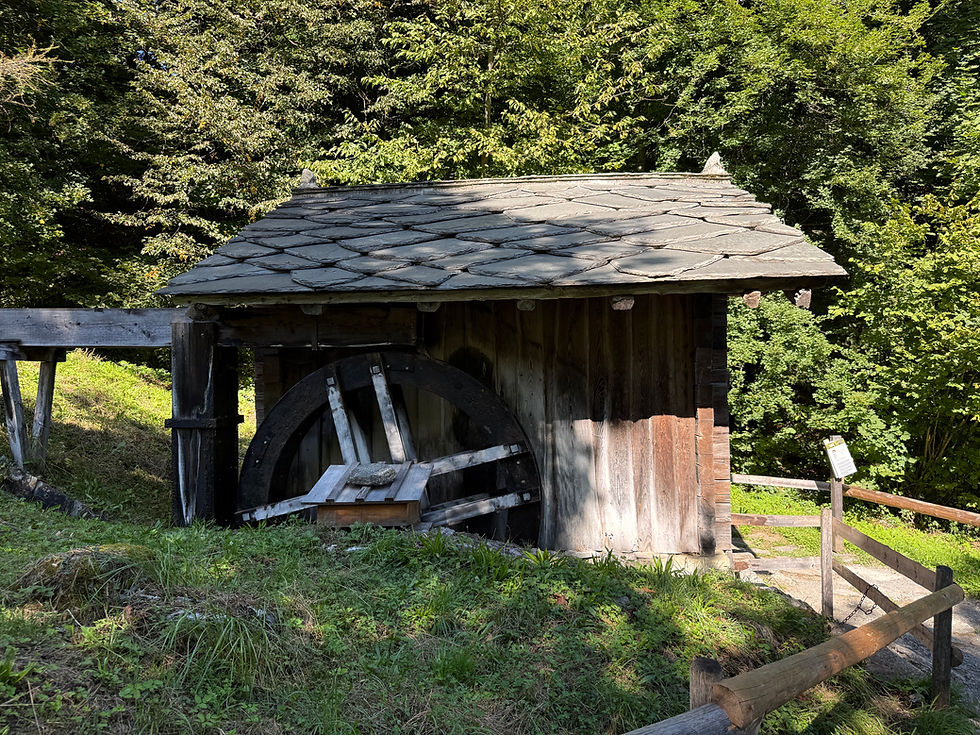






There was so much more to see, too!




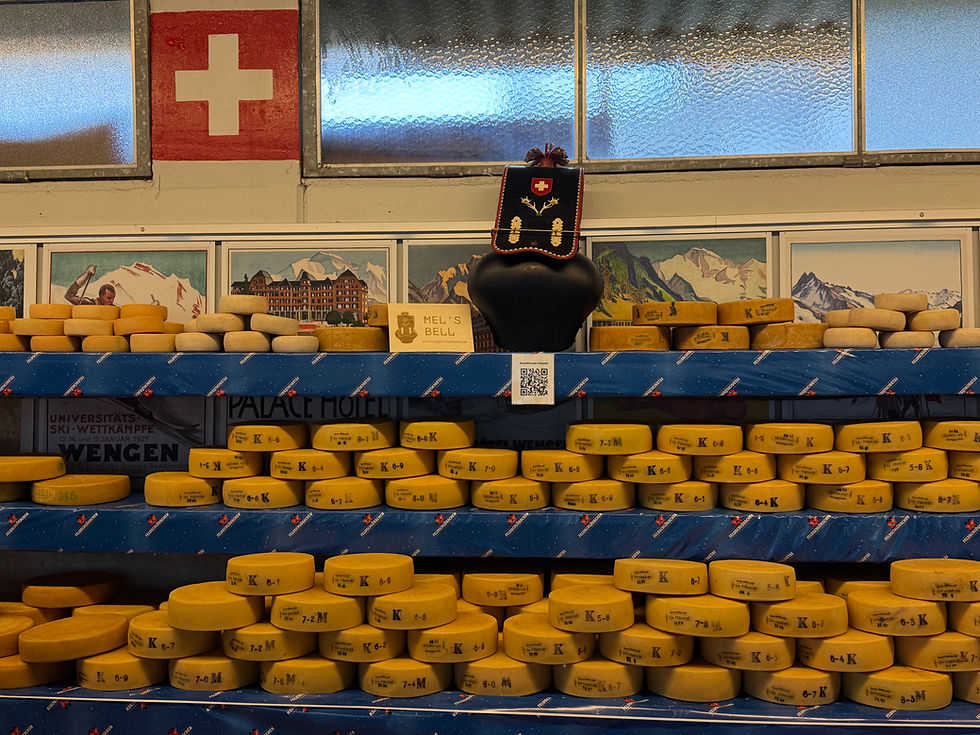
Comments